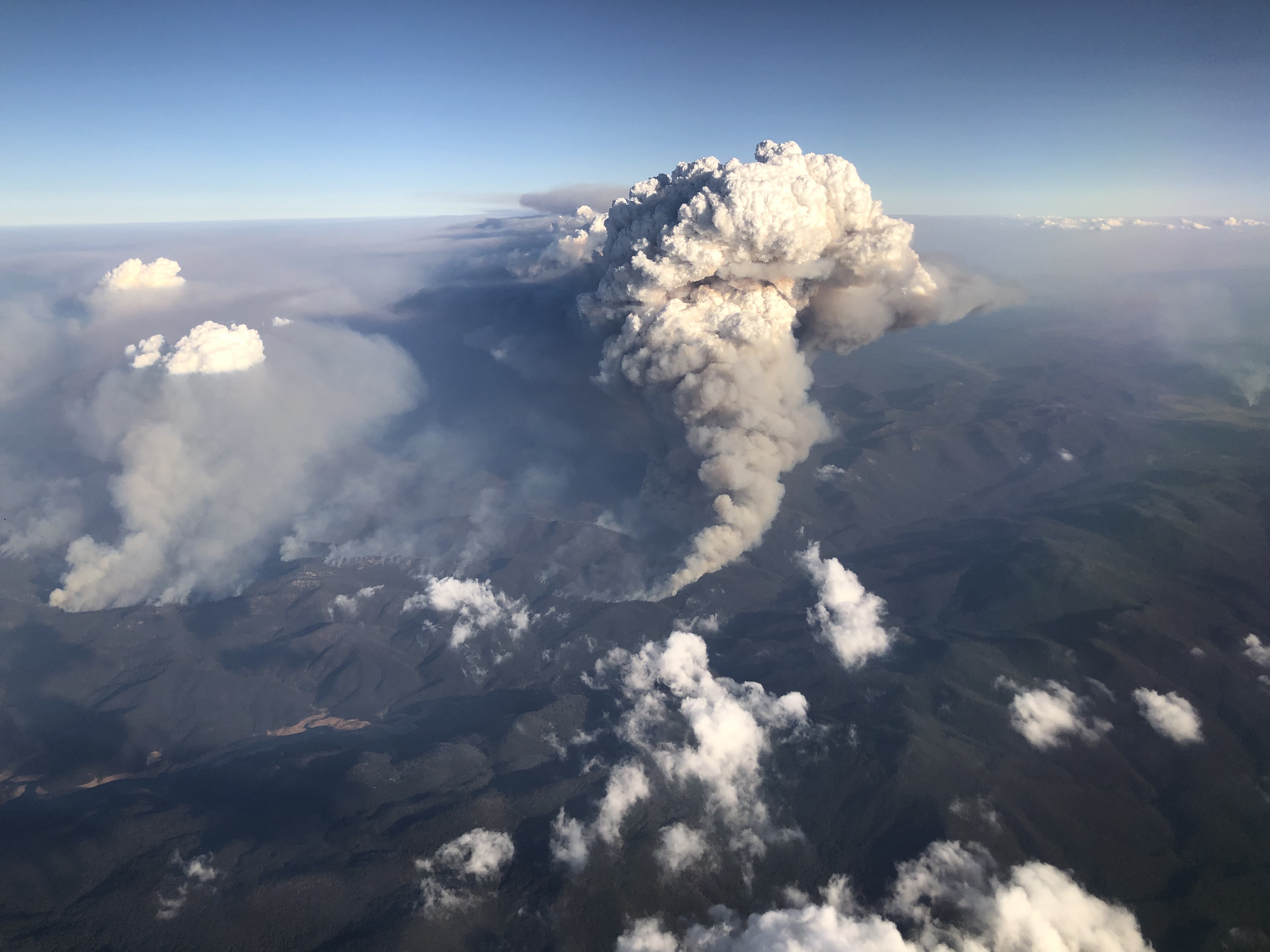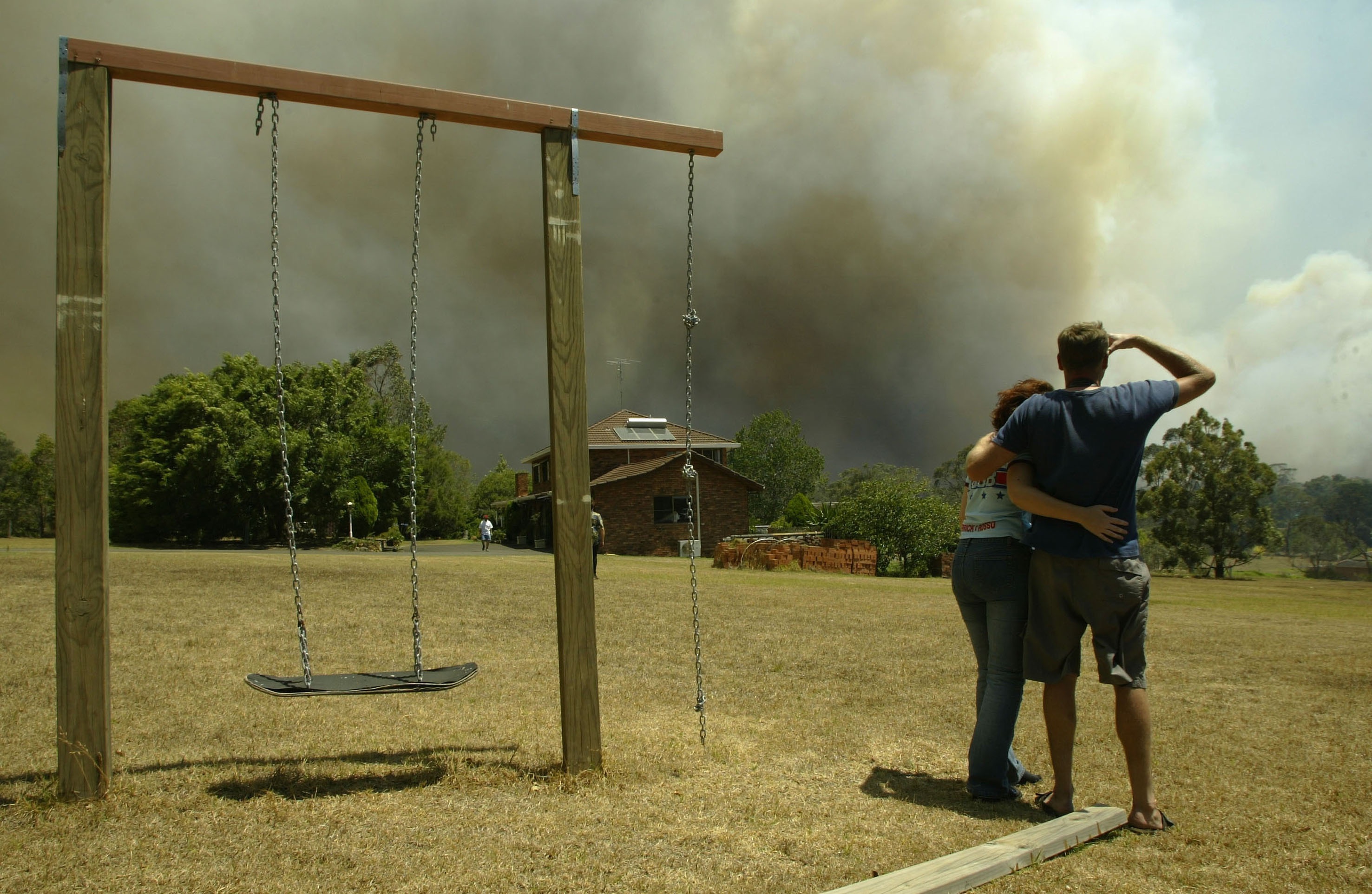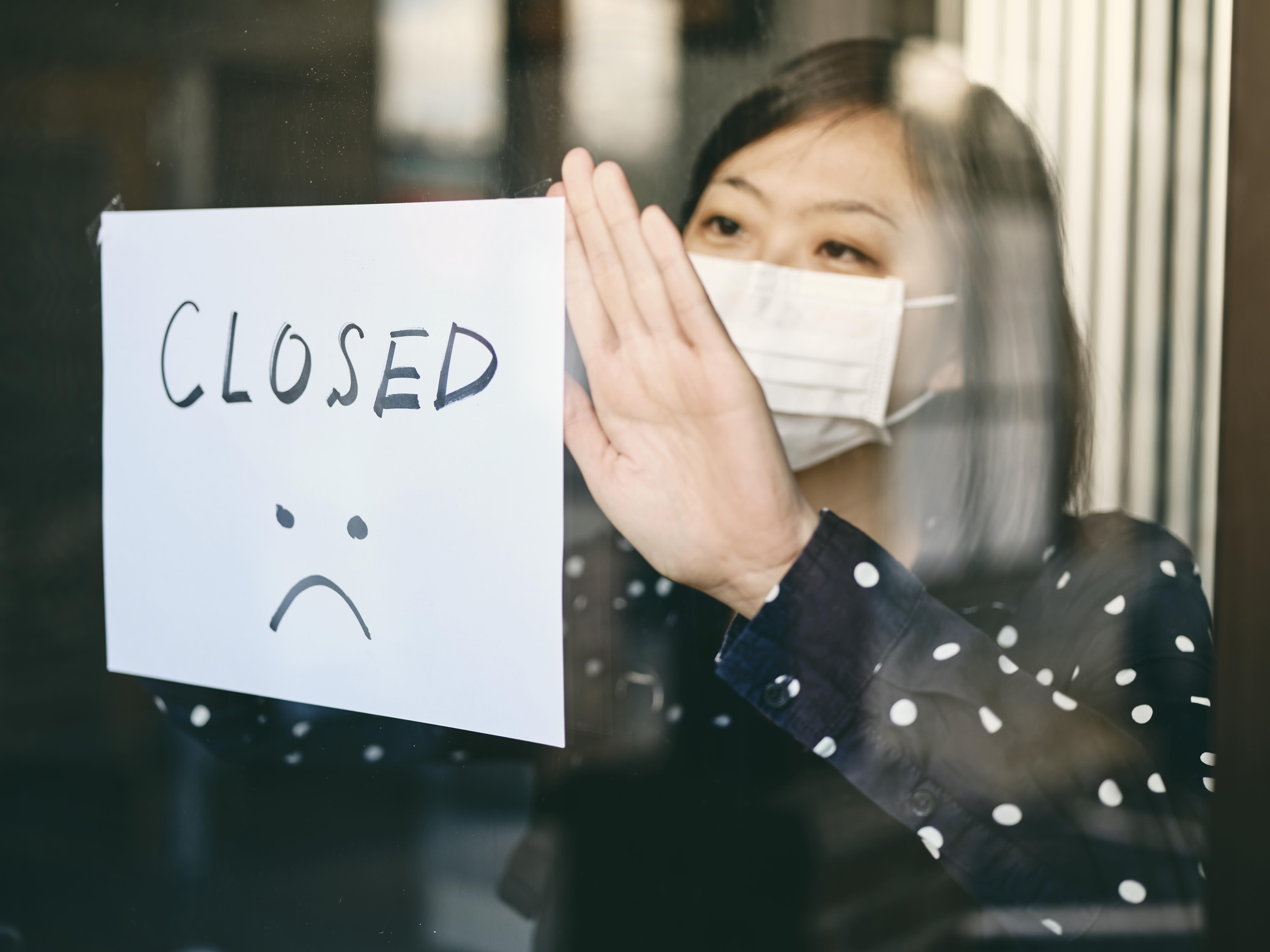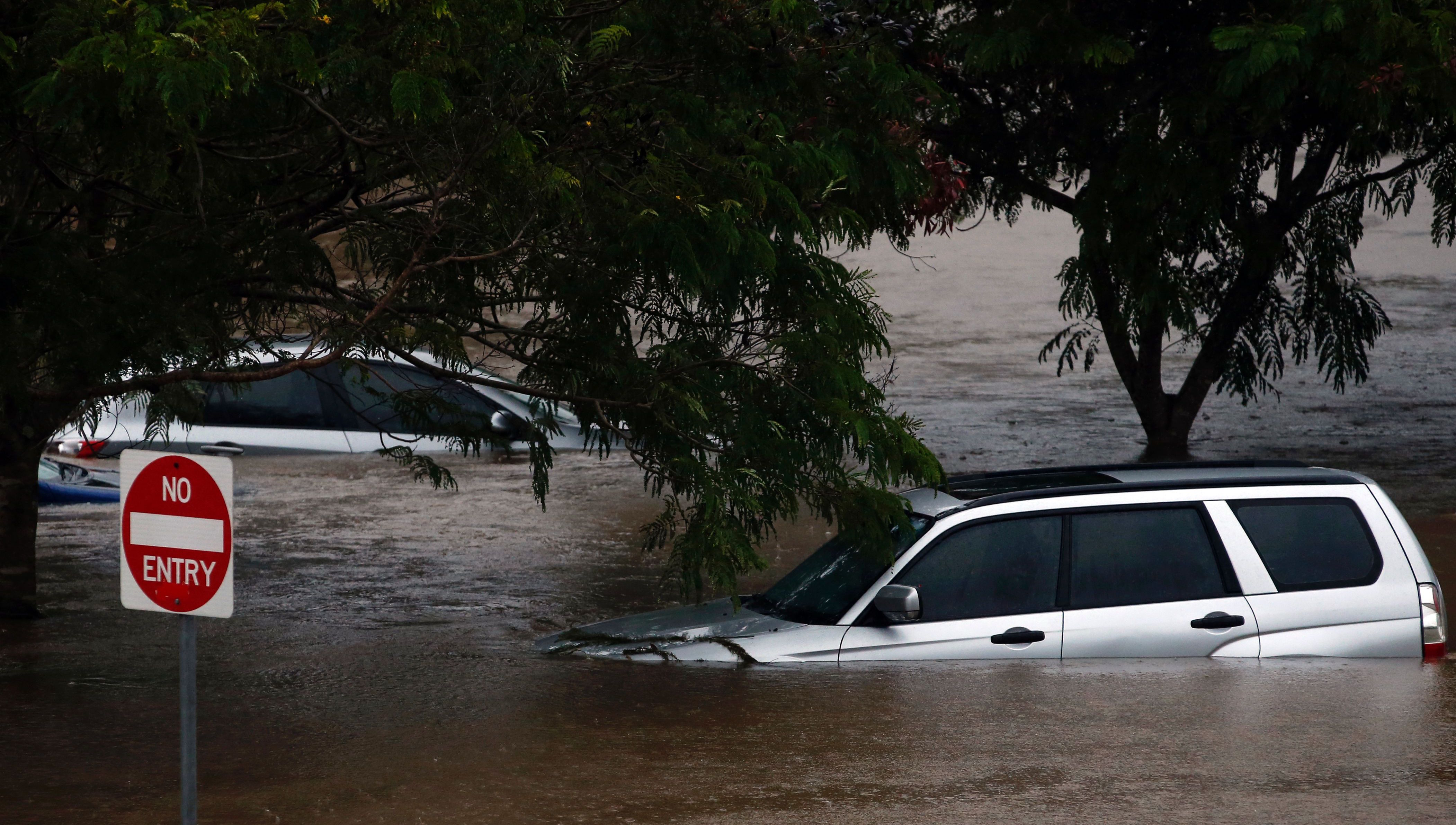
Business & Economics
Are you OK Australia?

The whole concept of insurance comes under question when disasters are apparently too big to insure, but the industry needs to do more to meet the challenge
Published 27 November 2020
Insurance at a fair premium is never more valuable to society than during times of unprecedented crisis.
But, it is precisely under such abnormal circumstances that the very concept of insurance can come into question.

Widespread disasters, like bushfires, floods, and a pandemic like COVID-19, can create a perfect storm of claims.
So, just when insurance is most needed, insurance companies protect themselves with risk exclusions that mean people simply aren’t covered in the case of major disasters, putting the burden instead on governments to bail people out.

Business & Economics
Are you OK Australia?
Is this just a case of imperfect product disclosure and a lack of due diligence by customers, or does it signal a moral failure? Either way, the first casualty is people’s faith in insurance.
Fast forward to the COVID-19 pandemic and the insurance industry is now facing a reckoning that may force it to finally address the problem at the heart of its business.
Last week, the New South Wales Supreme Court ruled against the insurance industry, finding that the pandemic exclusions in business interruption insurance policies were invalid.
This decision could open the flood gates for billions of dollars in pandemic related business claims.

Ahead of the ruling, Insurance Australia Group (IAG) chief executive Peter Harmer warned that the scale of the losses caused by COVID-19 meant the government needed to step in, saying “there is a size of loss that becomes quite systemic where the government needs to act as a shock absorber”.
But such an expectation of government compensation or a nation-wide no-fault public insurance scheme as back-up, creates a moral hazard – it encourages irresponsible risk taking in the knowledge that the tax payer will foot the bill if it goes wrong.

Business & Economics
Supply chain challenges ahead for the COVID-19 vaccine
At a time when insurance is needed most, it appears that insurers are seeking to opt out or at least question their own role.
This might be a prudent legal response to the losses caused by COVID-19, but is it ethically right? With many businesses suffering ongoing losses, the potential mental anguish will likely be compounded by the ongoing uncertainty about the recovery of lost business income.
Public trust in insurance is based on two expectations:
1. The claim will be honoured.
2. The assessed damages reflect the actual damages.
And here there are problems of trust on both sides.
Notwithstanding the ongoing dispute over COVID-19 business interruption claims, even if an insurer acknowledges such a claim it isn’t certain that an insurer will actually payout.

A payout may be more likely if the damages assessment is done by an independent claim assessor hired by the insured party but, in most instances, claim adjustors work for the insurance company and their compensation is linked to the insurance result.
The potential conflict of interest is obvious and does nothing for customer trust in insurance.
Of course, false or inflated claims make insurance companies equally distrustful of their customers.

Business & Economics
Is our trust in banking restored?
This mutual distrust doesn’t make for a healthy commercial relationship, as it increases the cost of verifying claims, which is then passed on in the form of higher insurance premiums.
So, is the purpose of insurance to make maximum profit with minimum risk, or should it be fair profit at fair risk? In the eyes of the community it is surely the latter.
Insurers argue that exclusions protect them from unfair risks, like the ‘systemic’ impacts of events like COVID-19 on the insurer’s bottom line. But is that really acceptable, especially at a time when climate change is increasing the frequency of climate related disasters?
Australia’s vulnerability to catastrophic climate risks like fires and floods suggests that our insurance companies need to offer ‘mega-risk’ inclusive insurance coverage to win back customer trust.
The challenge then for insurance companies is to make ‘mega-risk’ coverage a viable and competitive business. Simply charging prohibitively high premiums won’t work.

In the wake of Hurricane Andrew that hit the US and Bahamas in 1992, economist Howard Kunreuther advocated for re-insurance and capital market solutions to offer all-hazards policies, like using catastrophe bonds.
Catastrophe bonds work like this:
The insurance company issues (sells) bonds to investors (taking on a debt they owe the investors) in exchange for principal (the price at which the bonds are sold). The insurance company then pays the investors interest (called a coupon) on the principal, but only as long as no catastrophe occurs.

Business & Economics
What makes super-viral content so shareable?
As soon as a catastrophe does occur, the insurance company’s debt is forgiven and they keep the principal and can use it to pay for the catastrophic damages claimed by their customers. It’s effectively insurance for the insurers.
The price investors would be willing to pay for a catastrophe bond depends on their assessment of the likelihood of a catastrophe – the higher likelihood, the lower the price.
It seems timely for the actuaries in Australia’s insurance companies to demonstrate their modelling skills and find solutions that provide truly comprehensive insurance coverage that can carry us through the good times, and the bad.
Banner: Getty Images